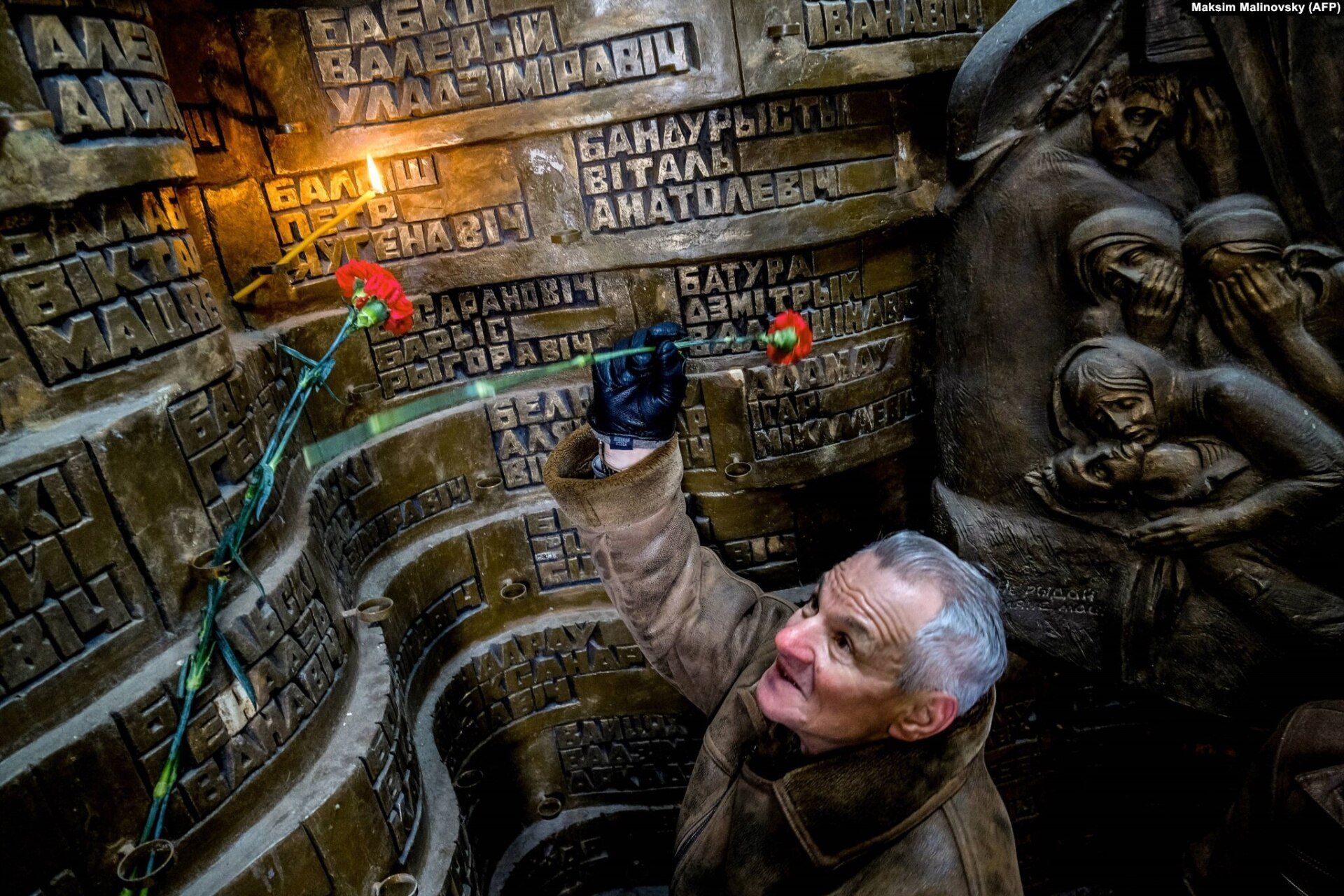Message of Abbot Paul - Saturday 28th August
Message from Fr Paul for Saturday, 28th August 2021
Sometimes people ask me why I rarely make any reference to tragic events that are going on in our troubled world, such as the Taliban takeover of Afghanistan and the present situation in that country. I would say that the most important thing that I can do is to pray for all those involved. The same is true of the earthquake in Haiti, a country I have visited and spent time in as part of my work for AIM (Alliance for International Monasticism) and the wildfires in Greece. This is not the place to comment, other than to encourage those who can help to help in any way possible and, above all, to pray for those who are suffering for whatever reason throughout the world. There are times when, like many others, I feel helpless and overwhelmed by the situations I hear about on the news. I prefer not to look at social media, too much uninformed comment. The most poignant memory I have of my visit to Belarus with Fr Dyfrig ten or more years’ ago is of the monument to the fallen of the Russian invasion and war in Afghanistan (1979-1988 on the Isle of Tears in a park in Minsk. The names of hundreds of Belarusian youths, all in their teens, brought tears to our eyes. Why on earth had these boys been plucked from their loved ones, studies and bright futures to die for a lost cause so far away from home? What had been the point? That evening, I remember, our prayer had been simply, “Why, Lord, why?”
Today is the feast of St Augustine of Hippo, the great Theologian and Doctor of the Church. We ask his prayers that we may come to understand the faith we profess. Three sayings of his have marked my life deeply: a) “True prayer is the desire to pray.” This was later developed by St Gregory the Great; b) ”The only proof of faith is doubt, just as the only proof of day is night.” c) “God is to be enjoyed.”
Finally, our last reading from Matthew for this year is today’s Gospel passage, (Mt 25: 14-30), the Parable of the Talents. As on Friday and Thursday, it’s a parable that encourages us to be prepared for the end and for judgement by making the most of our lives, not so much materially as spiritually, although the parables are stories that deal with very human and practical situations. It’s best to sit back and enjoy the story, let it entertain us and not think too much about the details, interesting as they may be. If we start looking too closely at details, then we’ll get lost and won’t be able to see the wood for the trees. It’s a good story, well put together. Did Jesus compose it himself or was it a popular story that he adapted for his purposes? I wouldn’t know, but I’m curious. All I regret is that it ends with weeping and the grinding of teeth, although such phrases do make you think!










